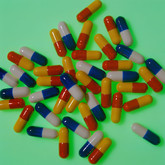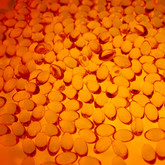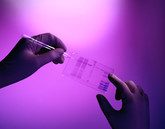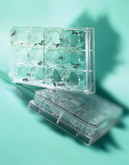Biosimilars/News
|
Posted 26/08/2011
The Chinese Government has targeted biotechnology as a ‘strategic pillar’ industry, and has pledged to spend 2 trillion yuan (Euros 213. 3 billion; US$308.5 billion) on science and technology in the next five years alone [1]. This has sent out a clear warning to the US Government that China aims to become the world’s pioneer in biotechnology in the short to medium term. In response, despite being under increasing pressure to reduce overall health expenditure, the US Government has resisted calls to cut funding and pledged US$ 32 billion to its National Institutes of Health biomedical research programme for 2012 [2].























